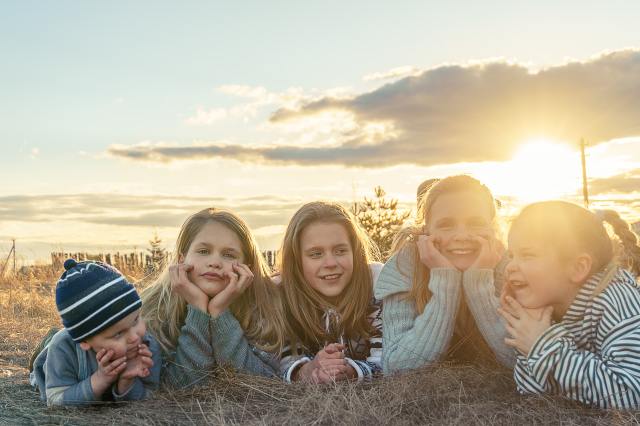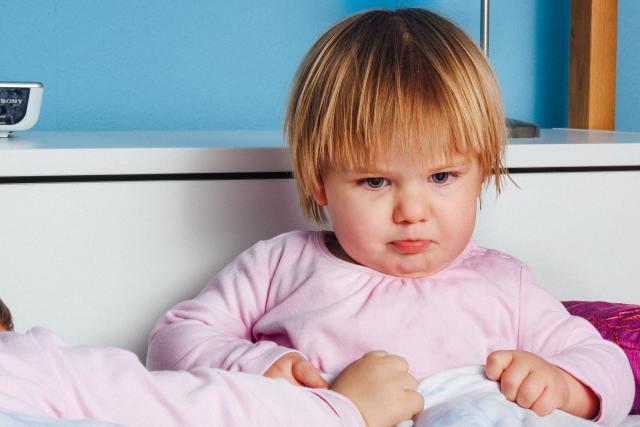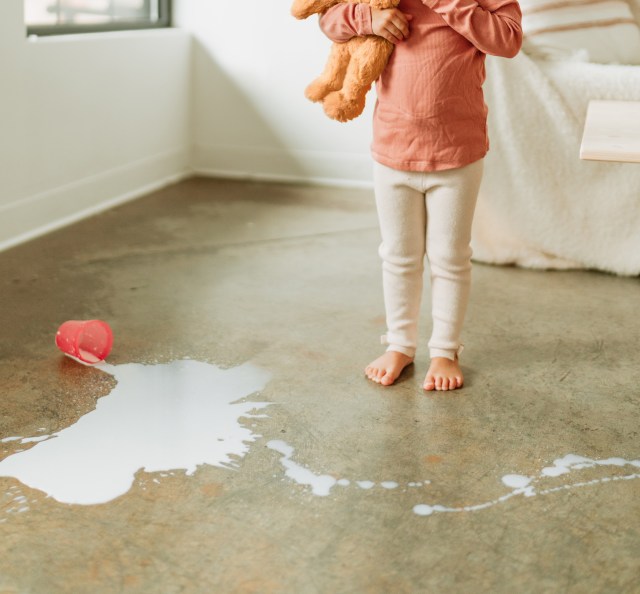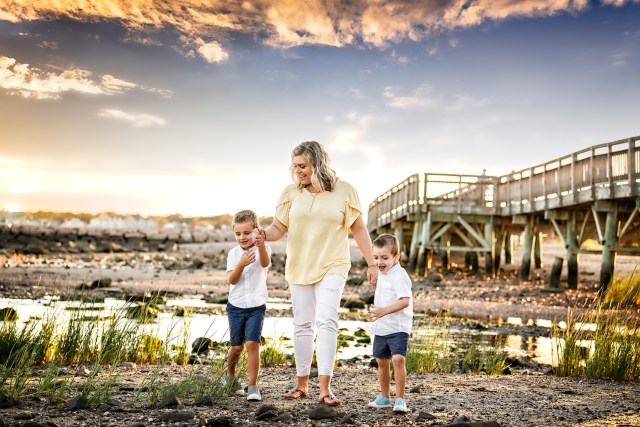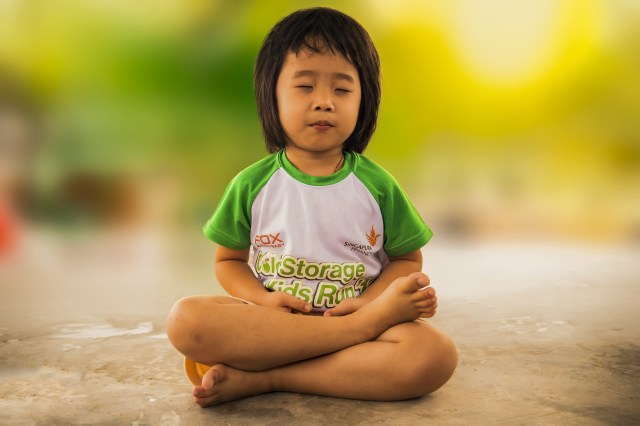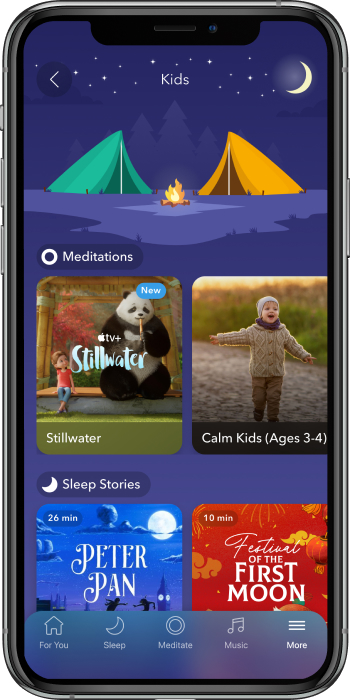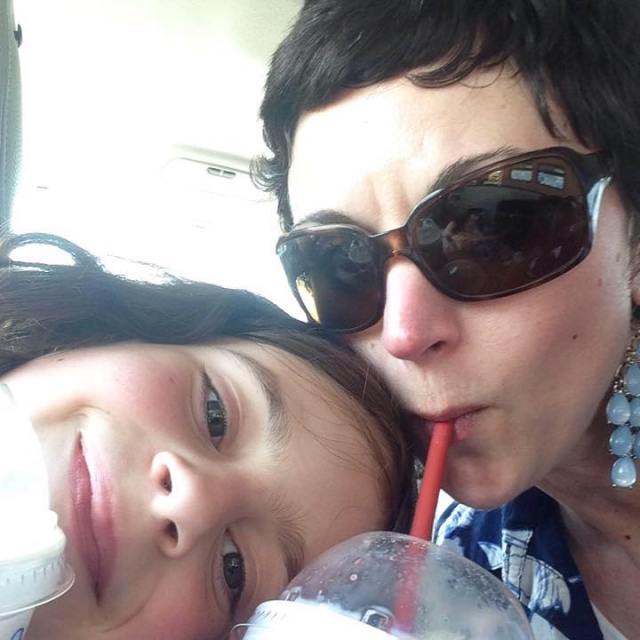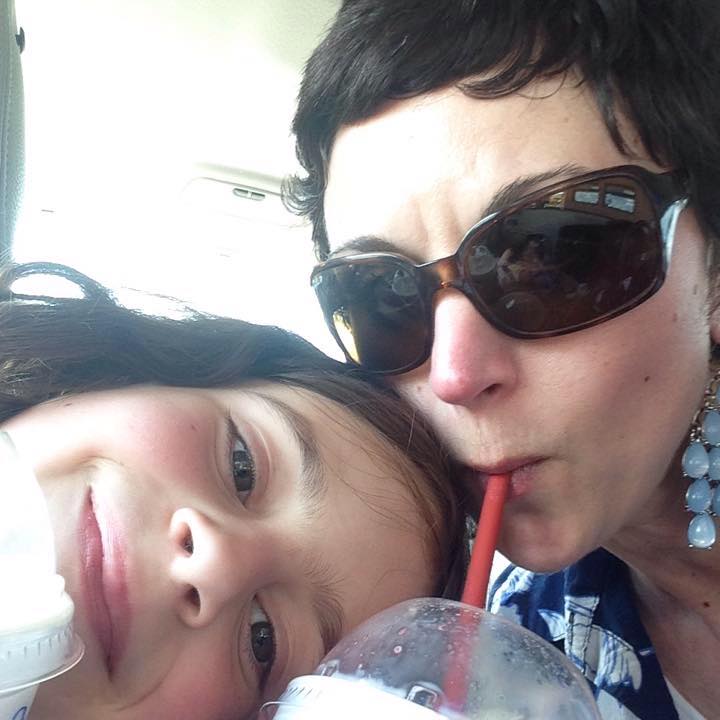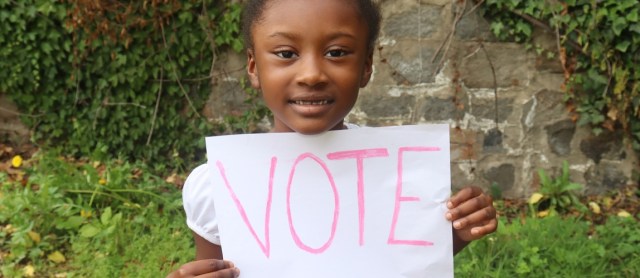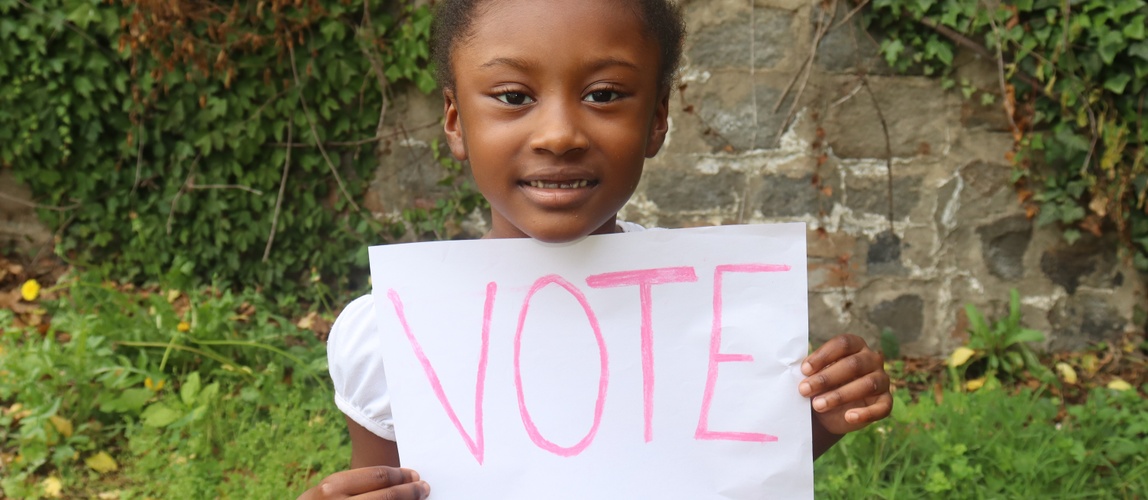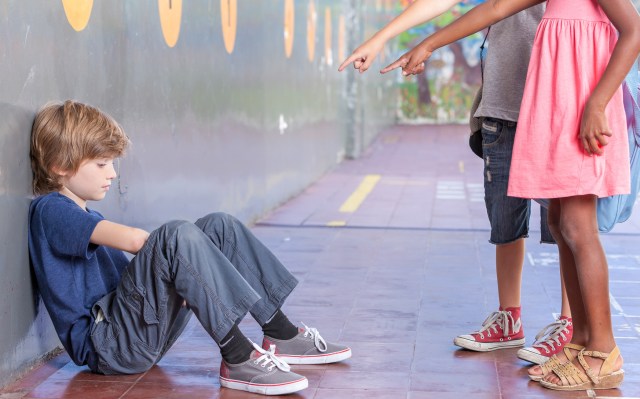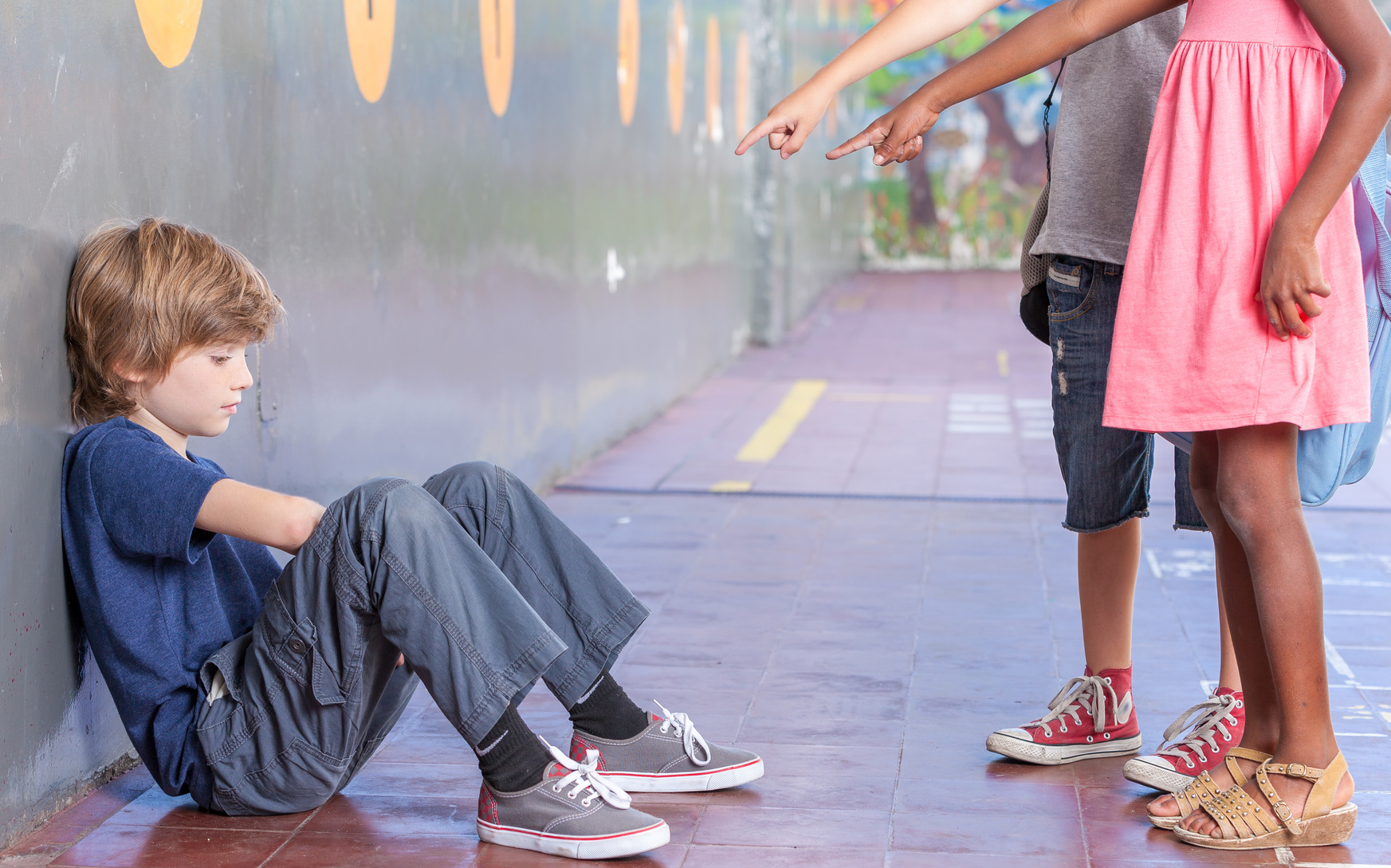
When I was little, I always knew I was in trouble by the size of my mother’s eyes. If I did something wrong, her eyes widened to reveal every inch of white and her disappointment. My Mom was never a yeller—she always spoke in an even tone, and communicated very well about what we needed to correct regarding our behavior or attitude. I believe the way she reacted taught me and my siblings many lessons about respect.
Remember respect? I feel like this is a lost virtue in the world today, especially between children and adults. Somehow we have communicated to children that they are equal with adults, and I don’t know about you, but that’s not the world I grew up in! We were taught to respect our elders; to learn from our elders.
Now, let me clarify: respecting our elders does NOT mean we teach our children to not respect themselves, or suppress their voices or discourage them from even finding their voices. Respect is something we have to teach by example, and once that is accomplished, respect should be a mutual dance that is done easily and instinctively. But, it starts in the sandbox. And it starts with you.
First, it’s gut-check time: how are you showing your children what respect means and what respect is? I am a visual learner, and I believe most kids are. You want to show them how to treat people, not just tell them. As a parent or caretaker, let’s take inventory of how you treat your friends, family, strangers, etc? More importantly, how do you treat others when you don’t agree with them?
I see parents yelling at the TV because they’re watching the news and they disagree with commentators. To think your kids aren’t watching you, hearing you, or taking in your energy is shortsighted. That moment, as small as you may think it is, speaks volumes. What you are teaching your child, as they watch your emotions get the best of you, is that if you disagree with someone or something, you can yell/scream/cuss—whatever you want because you “feel like it.”
I understand that we can’t edit our reactions, nor should we try and suppress emotions, but I do believe we need to teach our children that there is a right and wrong way to react and to communicate our feelings. Perhaps they are just getting in tussles on the playground right now, but they will have bigger problems later in life that you need to prepare them for now. They will be faced with challenging moments that stress them out; hurt them; incite them, etc. It’s our job to give them the tools to react to whatever arena they’re dropped in with the self-respect, and respect of others, that they and we all deserve.
This may sound like a daunting task what I am asking, but if you step back, I am not asking anything from you that isn’t basic: it comes down to manners. Saying “please,” “thank you,” “pardon me,” “I appreciate you,” etc. We need to give our kids this language and we need to remember to practice it, too. Holding doors for people, being a helper when we see someone in need, approaching people from a place of empathy and compassion, etc—these are all lessons we need to teach our children, and the only way to successfully do that is by showing them how we treat others and how we treat them. Yes, you read that right—treating our children with respect is how they learn to respect themselves and respect others.
We also have to be mindful of our village: the people influencing our children. Maybe this is extended family, grandparents, friends, teachers, or even our children’s friends. You are the company you keep, as they say. This is yet another lesson our kids need to learn from the jump. If they hang around troublemakers, chances are they are going to get into more mischief. You can’t always control who your children choose as friends, but you certainly need to be paying attention to it. Sometimes your child’s behavior, especially if erratic or if you’re seeing changes over time, is being influenced by something or, more likely, someone.
If you ever witness your children’s friends being disrespectful, I give you permission to step in. I am not telling you to spank or punish, but you certainly have the authority to let that child know that there are rules in your house and specific behavior won’t be tolerated. Of course, there is a fine line we don’t want to cross when it comes to correcting or disciplining other people’s children, but try to remember that you’re measuring it based on the values of your home. It’s simple: either they align with your values or they don’t. And, if they don’t, then maybe that friendship isn’t meant to be.
Regardless of your definition of respect, there is one thing we can all agree on: we want the best for our kids, and we want to raise them to be kind and spread it. The way to do that? Respect.
RELATED STORIES:
